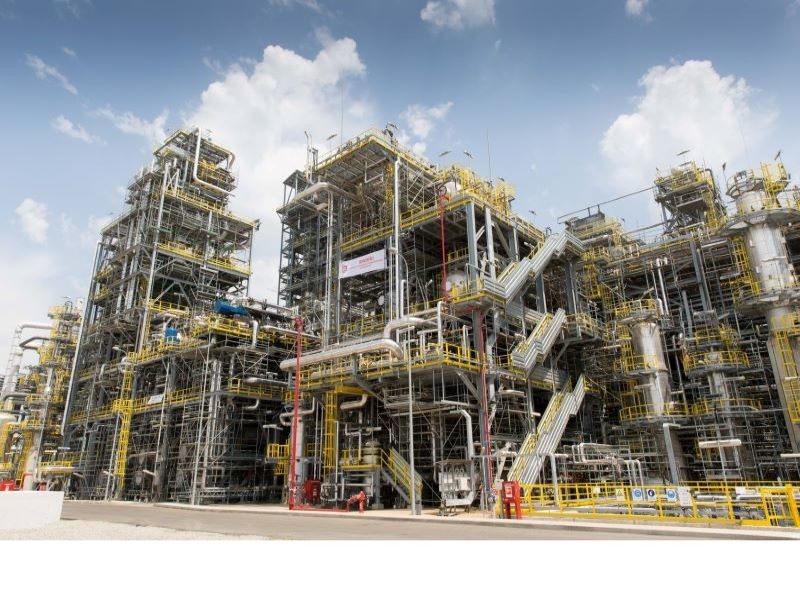The Bulgarian government has initiated the procedure for an early termination of the import of Russian oil, which supplies the Russian company Lukoil’s refinery near the Black Sea city of Burgas – a move analysts say is aimed at pressuring Lukoil to sell its business in Bulgaria.
The Security Council of the Council of Ministers discussed the potential effects of a possible early termination of the EU derogation for importing Russian oil and petroleum products by sea for processing at Lukoil Neftochim Burgas – the largest refinery in Southeast Europe.
“Decisions on the presented analyses will be taken at the next meeting of the Security Council and will be proposed to the government,” the government announced.
To help its final decision, the government has received information from the special services and the economy ministry on whether the suspension of Russian oil imports threatens the country’s national security.
In mid-2022, the European Commission granted Bulgaria an exemption from the European oil embargo on Russia, valid until the end of 2024. At the end of July, the parties supporting the government – PP-DB, GERB and DPS- submitted a proposal for its early termination, which seems to have a sufficient majority to be finalised.
According to the proposals, Bulgaria must cancel the exception for using Russian oil within one month after the law enters into force. This is expected to occur in October, as parliament is on summer break.
However, the MPs left open the possibility that Russian oil imports could be extended if the Security Council of the Council of Ministers deems the period insufficient. The government must then propose another deadline to be approved by parliament. The purpose of this possibility is not to cause a crisis in the supply of petroleum products.
Earlier in August, Bulgaria took control of the only oil port on its territory, near Burgas, from Lukoil.
Pressure on the Russians
Meanwhile, Martin Vladimirov, an analyst from the Center for the Study of Democracy (CID), told EURACTIV Bulgaria that the seizure of the oil port is “an initial salvo that will trigger a wider conflict and Lukoil will sell its assets because it has no interest in not fully controlling the import of oil”.
The second blow is the deprivation of Lukoil from the cheap Russian oil, which is transported to Bulgaria by tankers through the Black Sea.
The Russian company sold its refinery in Italy, and Germany took control of the assets of another Russian oil company, Rosneft. The reason for this is the European sanctions imposed on Russia because of the war in Ukraine, including the ban on importing and processing Russian oil.
Bulgaria is the only EU sea country with a special derogation for importing Russian oil, which is not technically justified, Vladomirov commented.
The exception, which is valid until the end of 2024, was obtained at the request of the cabinet of former prime minister Kiril Petkov (PP), with a ban on the export of petroleum products produced with Russian oil to the territory of the EU.
Lukoil Bulgaria is a dominant player in the Bulgarian oil market and one of the largest oil companies in the region due to its control over the Bulgarian refinery.

